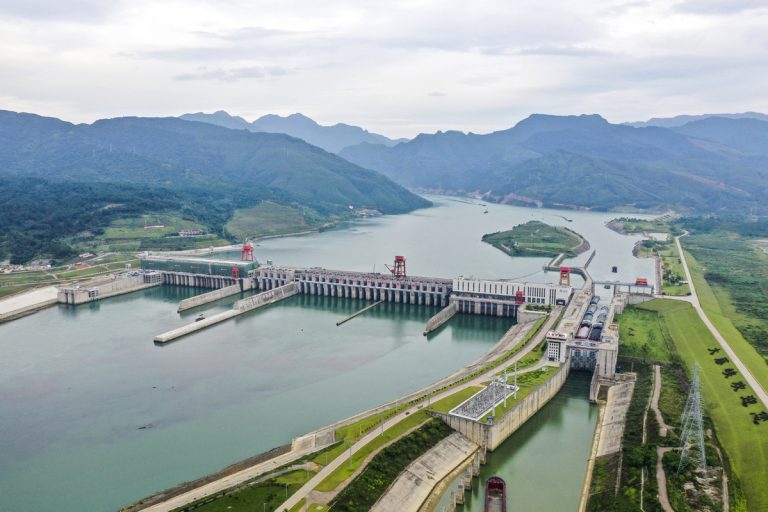
Photo by Mohamed Hassan from Pixabay
Pakistan is on the verge of missing out on one of the most important technological breakthroughs of the 21st century: 5G. 5G is not just a buzzword, but a game-changer. Imagine a world where you can download a full-length movie in seconds, stream high-definition videos without buffering, and seamlessly access virtual and augmented reality applications. This is the world of 5G, the fifth generation of mobile network technology that promises to revolutionize communication, connectivity, and productivity. 5G is not just a faster version of 4G, but a transformative technology that will enable new applications and services across various sectors, such as health, education, agriculture, and entertainment. It will also boost the economy and create new jobs, as it is expected to contribute up to $1.3 trillion to the global GDP and 22.3 million new jobs by 2030, according to a report by the GSMA.
However, while the world is gearing up for 5G, Pakistan is stuck in a legal limbo that is preventing it from harnessing the full potential of this technology. The reason is a long-standing dispute between a private company, M/S Southern Networks Limited, and the government regulators, PEMRA and FAB.
The case of M/S Southern Networks Limited is a classic example of how judicial overreach can hamper technological progress and economic development. The company, which operates wireless TV transmitters in three major cities, has been using a portion of the radio frequency spectrum that is vital for 5G, without proper authorization or compliance. The Sindh High Court (SHC), which has been hearing the case since 2007, has repeatedly granted stay orders to the company, allowing it to continue using the spectrum without paying any fees or following any rules. The SHC has also failed to deliver a final verdict on the matter, despite several hearings and petitions. The result is that a valuable national resource, the spectrum, has been effectively hijacked by a private entity, depriving the government and the public of its benefits.
The spectrum is a finite and scarce resource that needs to be efficiently allocated and managed. It is also a public good that belongs to the people of Pakistan, not to any individual or company. The spectrum is essential for the development and deployment of modern technologies, such as 5G, that can boost the country’s economy and improve the quality of life of its citizens. According to a study by Huawei, 5G could generate up to $6.5 billion in economic value and create 1.2 million new jobs by 2030 in Pakistan.
However, these benefits can only be realized if Pakistan can overcome the legal and regulatory hurdles that are holding back its 5G ambitions. The judiciary, which is supposed to uphold the rule of law and protect the public interest, has instead become an obstacle to innovation and growth. The judiciary has overstepped its boundaries and interfered in matters that are beyond its expertise and jurisdiction. It has also ignored the principles of regulatory certainty and consistency, which are vital for attracting investment and fostering competition in the telecom sector.
The case of M/S Southern Networks Limited is not an isolated one, but a symptom of a larger problem of judicial activism and overreach in Pakistan. The judiciary has often encroached upon the domain of the executive and the legislature, and intervened in policy matters that require technical and professional knowledge. This has led to policy paralysis, where government agencies and regulatory bodies are unable to perform their functions effectively due to fear of legal backlash. This has also created a culture of litigation, where companies and individuals resort to courts to bypass or challenge regulations, rather than complying with them.
It is time for the judiciary to recognize and respect its role and limits in cases involving technical and regulatory issues. The judiciary should not act as a substitute or a superior to the existing regulatory authorities, but as a facilitator and a supporter. It should not grant indefinite stay orders or delay verdicts, but expedite the resolution of disputes and enforce compliance. Moreover, the judiciary should not undermine or override the regulatory framework, but uphold and strengthen it.
Pakistan cannot afford to miss the 5G opportunity, which has the potential to transform its economy and society. It needs to adopt a forward-looking and proactive approach to 5G, which requires a conducive and stable legal and regulatory environment. The judiciary, as a key pillar of the state, has a crucial role to play in creating and maintaining such an environment. It should act as a catalyst, not a hindrance, to Pakistan’s 5G journey.
Opinions expressed in this article are those of the author.




